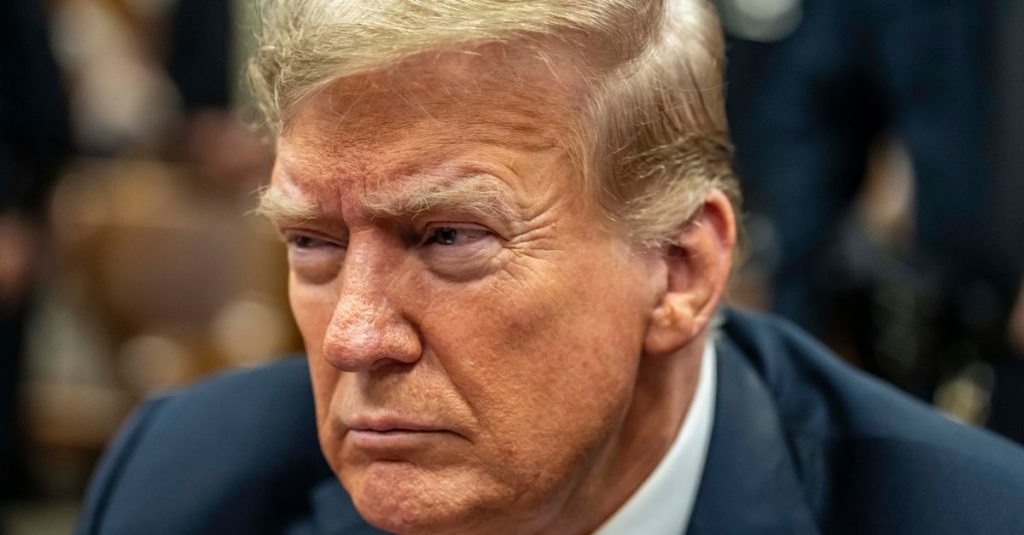Despite multiple promises to testify in his New York City hush money trial, former President Donald Trump did not take the stand, instead having his lawyers rest their case after calling only two witnesses. This decision raised questions and speculation as to why Trump did not testify, even though he had expressed eagerness to share his side of the story before the trial began. Legal experts and observers were not surprised by this outcome, with many believing that Trump was never going to testify in the first place due to the potential risks involved.
His former White House lawyer, Ty Cobb, stated that if Trump had testified, he would have been subjected to intense cross-examination regarding various controversies, including his involvement in payoff scandals with Stormy Daniels and Karen McDougal. Cohen, Trump’s former lawyer and fixer, ended up in prison partially due to his role in these payment scandals. Additionally, Trump denied allegations made by E. Jean Carroll, who claimed that Trump sexually abused and defamed her. Despite pleading not guilty to the charges against him, Trump has faced numerous accusations and legal battles throughout the years.
Considering Trump’s history of dishonesty and credibility issues, it is believed that a cross-examination could have exposed his inconsistencies and falsehoods. Speculation arose that Trump’s decision not to testify was influenced by how poorly Cohen performed under cross-examination in the trial. An informal adviser to Trump suggested that Cohen’s struggles may have led to Trump deciding not to take the stand, as it would have been risky for him. Another former White House lawyer acknowledged the potential dangers of having Trump testify, citing the possibility of a misstep leading to damaging questions on cross-examination.
Moving forward, Trump may have additional opportunities to testify in other trials, including federal charges related to his actions leading up to the January 6 Capitol riot in Washington, D.C., and refusal to turn over classified documents in South Florida. He also faces felony charges in Georgia for his efforts to overturn the election results. If convicted in any of these jurisdictions, Trump could face significant prison time. The trial in New York City is scheduled to conclude with closing arguments after the Memorial Day weekend, leaving the outcome of the case and its implications for Trump uncertain.


